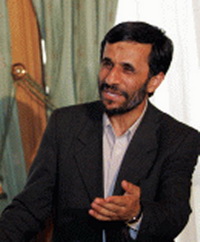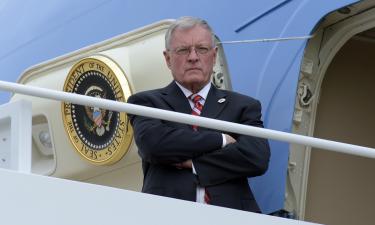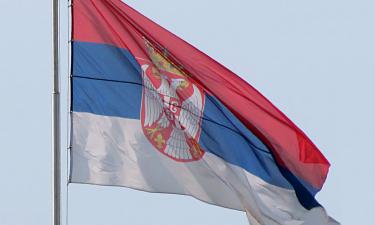Iran Is in No Hurry to Cut U.N. Nuclear Deal
As Western countries were still puzzling over Iran's position in nuclear talks, Mahmoud Ahmadinejad offered a timely tutorial.

It came complete with a dismissive sound bite — comparing Iran's foes to a mosquito — a bit of boasting about Iran's prestige and a touch of self-analysis. Iran's president said Sunday that Tehran doesn't trust the West to keep its promises.
Added together, it helps explain Iran's zigzag reactions last week to a U.N.-drafted nuclear pact, and why Iran is in no hurry to cut a deal.
For days, Iran had hinted that it would back the essential element of the U.N. offer — to send about 70 percent of its low-enriched uranium stockpile out of the country — but wanted some changes to the formula.
Those changes turned out to be more like a full counter proposal, The Associated Press reports.
It was also reported, speaking to reporters at a meeting of foreign ministers from eight Islamic countries in Malaysia, Mr Mottaki said Iran had considered the proposals it had agreed with the IAEA and the US, France and Russia.
"We have some technical and economic considerations on that," he said.
"Two days ago, we passed our views and observations to the IAEA, so it is very much possible to establish a technical commission in order to review and reconsider all these issues."
The UN-brokered plan would require Iran to send about 1,200kg (2,600lb), or 70%, of its low-enriched uranium to Russia by the year's end for processing, BBC News reports.
If Iran accepts the U.N.-backed plan, it would not be able to replenish its stockpile to levels that would again yield enough enriched uranium for further enrichment into weapons-grade material for about a year.
Since its clandestine enrichment program was revealed seven years ago, Iran has amassed more than 3,300 pounds (1,500 kilograms) of low-enriched uranium at its cavernous underground facility at Natanz.
It is relatively simple to turn fuel-grade uranium into weapons-grade material. The West fears Tehran wants to do just that although Ahmadinejad's government says it is not interested in nuclear arms and wants only to create fuel for a planned network of reactors.
But it will take decades before the network is in place, meaning Iran has no immediate use for the enriched uranium it has accumulated. This has led many in the West to wonder why it wants to have the stockpile now if not for other purposes, The Associated Press reports.
Subscribe to Pravda.Ru Telegram channel, Facebook, RSS!




